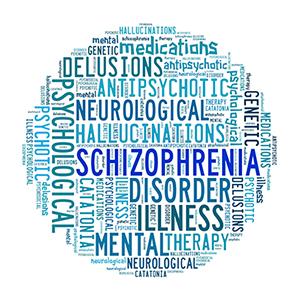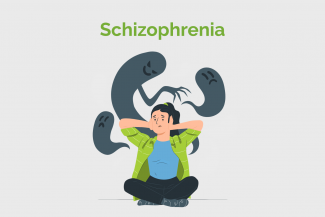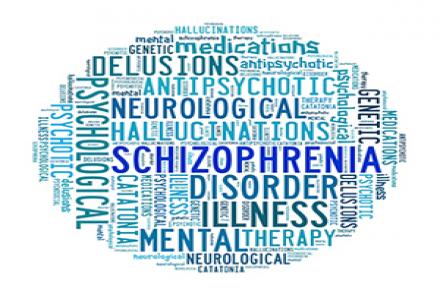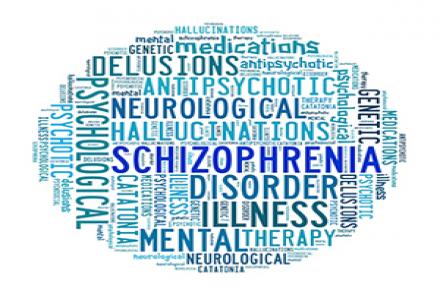
What causes schizophrenia?
There is no single cause for this ailment. Several factors play a role in the causation of this illness.
- First and foremost are the genetic factors which are in place right from a person’s intra-uterine life.
- Then come the environmental factors which include adversities in life.
- A combination of genetic predisposition, inherent vulnerability and the presence of environmental factors such as prolonged stress seem to lead to schizophrenia.
- Other environmental factors could be :
- pregnancy and delivery complications
- childhood and prenatal virus infection
- urban birth and residence
- psychosocial factors (dysfunctional family environment)
The disorder is triggered by an interplay of genetic and environmental factors which leads to alterations in the biochemical amines especially dopamine in the brain.
There is an excess of dopamine activity which is directly responsible for the signs and symptoms of schizophrenia. Other amines like serotonin, GABA, etc are also implicated in schizophrenia.
Besides, there are scientifically laid down guidelines and diagnostic criteria for arriving at a diagnosis, like the International Classification of Diseases and the Diagnostic and Statistical Manual of mental disorders (V) which help a psychiatrist in making the right diagnosis.









